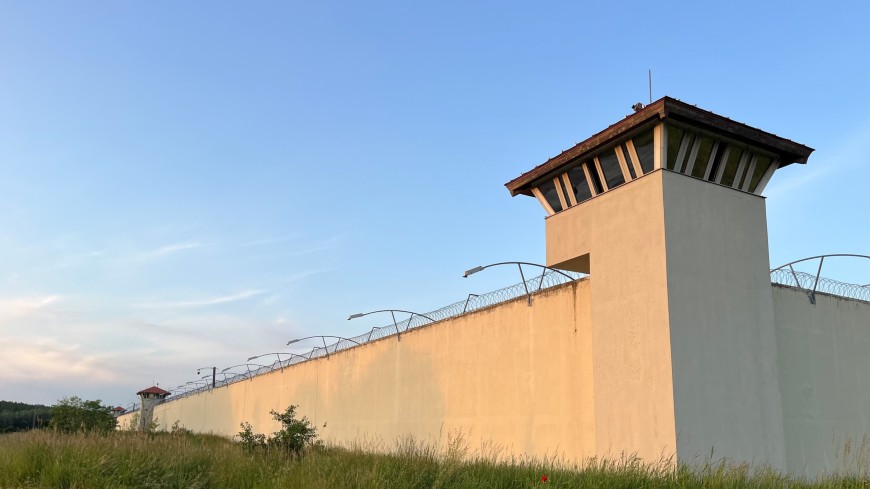In the course of the visit, the delegation examined the treatment and safeguards afforded to persons deprived of their liberty by the police and the treatment of persons in prison and their conditions of detention. Further, it assessed the situation of persons placed in the Judicial Observation and Psychiatric Institute (IMEI) and involuntary patients in two civil psychiatric facilities. Particular attention was paid during the visit to the measures taken by the authorities to implement recommendations made by the Committee after its previous visits.
In addition, the visit provided an opportunity for the Committee to continue its dialogue with the authorities concerning several issues related to the treatment of foreign nationals apprehended by the police under immigration legislation. In this context, the action taken by the authorities in response to the recommendations made in the report on the CPT's 2017 ad hoc visit to Hungary and reiterated in the report on the CPT’s 2018 periodic visit to the country was raised with the authorities.
During the visit, the delegation held consultations with Sándor Pintér, Minister of the Interior, László Felkai, State Secretary of the Ministry of the Interior for Public Administration, Mátyás Hegyaljai, Deputy State Secretary of the Ministry of the Interior for EU and International Affairs, Zsolt Halmosi, Director General of the National Aliens Policing Directorate, and Tamás Tóth, Director General of the Prison Service, as well as other senior officials from the Ministry of the Interior.
The delegation also met Ákos Kozma, Commissioner for Fundamental Rights (Ombudsperson), and senior representatives of his office, as well as other representatives of the National Preventive Mechanism (NPM) established under the Optional Protocol to the UN Convention against Torture (OPCAT). Further, meetings were held with representatives of the Regional Representation for Central Europe of the United Nations High Commissioner for Refugees (UNHCR) and non‑governmental organisations active in areas of concern to the CPT.
At the end of the visit, the delegation presented its preliminary observations to the Hungarian authorities.
The visit was carried out by the following members of the CPT:
- Therese Rytter, 2nd Vice-President of the CPT (Head of Delegation)
- Marius Caruana
- Ömer Müslümanoğlu
- Arman Tatoyan
- Chila van der Bas.
They were supported by Petr Hnátík and Kelly Sipp of the CPT Secretariat, and assisted by an expert, Veronica Pimenoff, psychiatrist, former Head of Department at Helsinki University Psychiatric Hospital (Finland).
The delegation visited the following places of deprivation of liberty:
Police establishments
- Police Detention Facility in Debrecen (Samsoni Street)
- Police Station in Debrecen (Budai Street)
- Police Station in Nyíregyháza (Stadion Street)
- Police Station in Székesfehérvár (Dozsa György Street)
- Police Detention Facility in Székesfehérvár (Deák Ferenc Street)
- Police detention facility in Törökszentmiklós.
Establishments operating under the authority of the Hungarian Prison Service
- Judicial Observation and Psychiatric Institute (IMEI), Budapest
- Middle-Transdanubium National Prison (Unit Székesfehérvár)
- Szabolcs-Szatmár-Bereg County Remand Prison, Nyíregyháza
- Tiszalök National Prison
The delegation also went to Budapest Remand Prison (Unit II) in order to interview newly admitted remand prisoners who had recently been in police custody.
Psychiatric establishments
- Psychiatric department of Flór Ferenc Hospital in Kistarcsa
- Psychiatric department of Gróf Tisza István Hospital in Berettyóújfalu.




